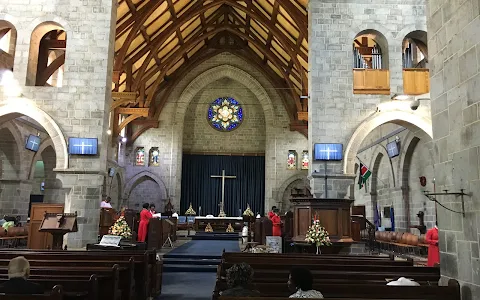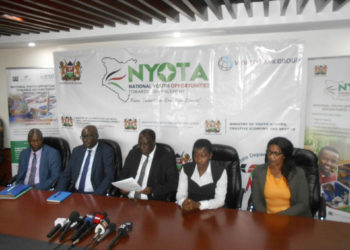Kenya’s Senate is considering a bill that would exempt religious organizations from strict new regulations on public fundraising appeals, while imposing tighter controls on other forms of charitable giving.
The Public Fundraising Appeals Bill, 2024, aims to overhaul the country’s regulatory framework for public fundraising, known locally as “harambees”. The proposed legislation seeks to promote transparency and accountability in charitable giving, while curbing potential abuses and corruption.
Under the bill, religious associations registered under the Societies Act would be exempt from the new regulations when collecting “normal collections such as tithes and offerings or the purpose of carrying out developments or projects for the benefit of the association.”
The exemption for religious organizations stands in contrast to the stringent measures proposed for other forms of public fundraising. The bill mandates that individuals and organizations obtain a permit before conducting any public fundraising appeal, with oversight provided by the relevant Cabinet Secretary at the national level and county executive committee members.
“A person shall not conduct a public fundraising appeal unless the person has applied for, and obtained, a permit in accordance with the provisions of this Act,” the bill states.
The proposed legislation introduces a raft of new measures aimed at enhancing transparency in public fundraising. These include requiring fundraisers to keep detailed financial records, submit reports to authorities, and declare the sources of contributions. The bill also caps administrative expenses at 5% of the targeted fundraising amount.
“Every person who conducts a fundraising appeal shall keep a record reflecting the income and expenditure relating to the appeal,” the bill stipulates, detailing the specific information that must be recorded.
In a move that could significantly impact political fundraising, the bill prohibits state officers and appointed public officers from participating in or conducting public fundraising appeals during their term of office. It goes further to bar individuals intending to vie for public office from participating in public fundraising appeals within three years preceding a general election.
The bill grants authorities the power to conduct inspections of fundraisers’ premises and records to ensure compliance. It also introduces penalties for offenses such as providing false information or misappropriating funds.
“A person who applies the funds received pursuant to a fundraising appeal for a purpose other than which for which the appeal was held commits an offence,” the bill states.
To encourage philanthropy, the proposed legislation includes provisions for fiscal incentives for those making voluntary contributions. The Cabinet Secretary responsible for finance is tasked with developing these incentives within 60 days of the Act’s commencement.
The bill also aims to decentralize services related to fundraising regulation to ward and village levels, potentially increasing accessibility and oversight at the grassroots level.
The bill, which is set to replace the outdated Public Collections Act, represents a significant shift in Kenya’s approach to regulating public fundraising. It comes amid growing concerns about the misuse of harambees for political gain and the need for greater accountability in charitable giving.
















